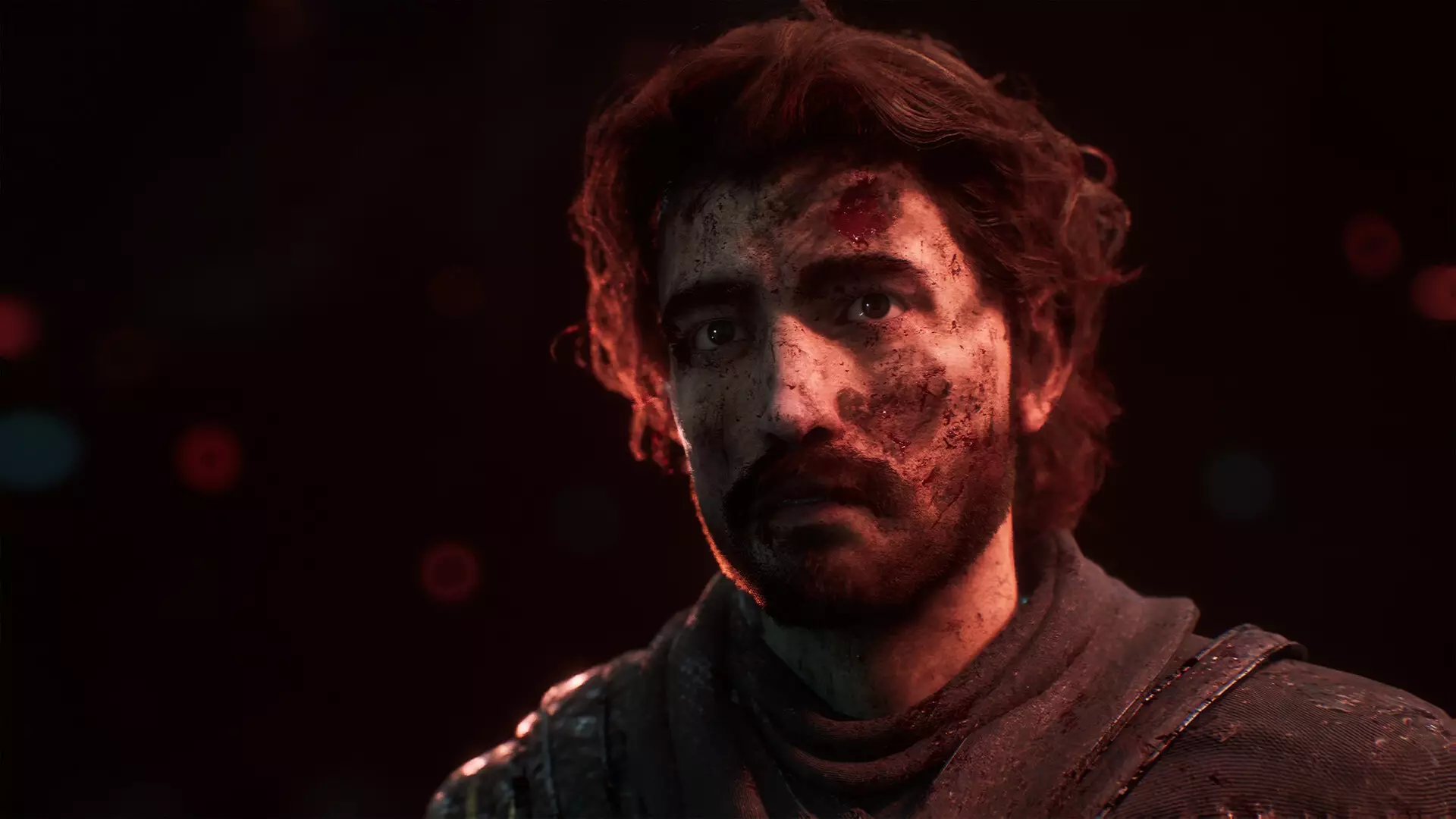In a landscape dominated by colossal gaming giants, the emergence of a game like *Clair Obscur: Expedition 33* serves as a refreshing reminder that not all successful titles require the backing of vast budgets and sprawling development teams. Shuhei Yoshida, the former head of PlayStation, has become an ardent supporter of this remarkable JRPG, which has achieved noteworthy acclaim amid the colossal shadow cast by *Oblivion Remastered*. This phenomenon highlights a crucial shift in player demand and expectations, suggesting that the gaming industry is ripe for innovation beyond the AAA formula.
*Clair Obscur* captivates not only through its immersive storytelling and rich aesthetics but also due to its attractively priced $50 tag. In contrast, players are increasingly confronted with $80 offerings from titans like Nintendo and Xbox. This pricing strategy has made *Clair Obscur* exceptionally accessible, thereby opening its doors to a broader audience. Yoshida’s enthusiastic endorsement of the game signals a desire for a new paradigm in which development quality is prioritized over size.
A Shift in Player Expectations
The gaming community is evolving; players are expressing a growing aversion to lengthy, sprawling AAA titles that demand countless hours for completion. Yoshida embodies this sentiment, declaring his waning interest in such games. This shift indicates that many players yearn for experiences that offer depth and engagement without the time sink that often accompanies large-scale productions.
*Clair Obscur* provides the ideal blend of what players seek: rich narrative depth reminiscent of AAA titles, juxtaposed with the creativity and freedom usually associated with indie games. Yoshida emphasizes this balance, suggesting that a harmonious blend of ambition and an accessible approach is the way forward for the industry. This intersection points to the idea that successful game development does not necessarily correlate with exorbitant budgets or hundreds of employees.
The Future of Mid-Tier Development
As gaming production costs rise, Yoshida’s comments raise critical discussions about sustainable game development practices. He advocates for a resurgence of AA games, citing that there’s more than one path to creating remarkable gaming experiences. The unprecedented success of *Clair Obscur*, crafted by a mere 33-person team, exemplifies the potential of mid-tier projects to deliver visually stunning and deeply engaging content without the pressures of mainstream blockbuster expectations.
This emerging trend encounters the often-discussed contrast between indie and AAA games. While the latter continues to thrive on expansive teams and massive funding, Yoshida’s perspective accents a middle ground that balances creativity with financial feasibility. He prescribes a pathway where development teams can achieve greatness by operating within tighter budgets, fostering a more vibrant diversity in gaming offerings. The combination of a fair price point, artistic ambition, and a focus on precise execution can equip next-generation developers to create phenomenal games, following in the footsteps of *Clair Obscur*.
Expanding Market Possibilities
The dialogue surrounding the future of game pricing is inherently tied to the development ecosystem. Developers now face the challenge of ensuring the value of their products aligns with production costs. Yoshida argues that this balancing act is crucial for both indie and AA games while simultaneously emphasizing the necessity for every game to justify its price tag in the eyes of consumers. He cites the excitement surrounding *GTA 6*—a game with sky-high expectations set for release by May 2026—as representative of the extremes in the current market.
The spotlight on AA titles like *Clair Obscur* illuminates a path towards greater market share recovery for mid-tier games. As the industry grapples with pricing models and production realities, it is transparent that the barriers separating indie experiences and blockbuster titles are beginning to dissolve. If the trend continues, it opens doors for a diverse array of games—thus enriching player choice and experience far beyond what is currently available.
Yoshida’s growing emphasis on the viability and importance of the AA space indicates a seismic shift in the industry’s operational framework. With their ability to craft compelling narratives and engaging worlds within manageable budgets, developers operating in this realm could potentially redefine gaming dynamics, allowing for a fresher, more inventive future ahead. As we look forward, *Clair Obscur* stands as a beacon, signaling exciting possibilities for aspiring developers and the gaming enthusiast community alike.


Leave a Reply